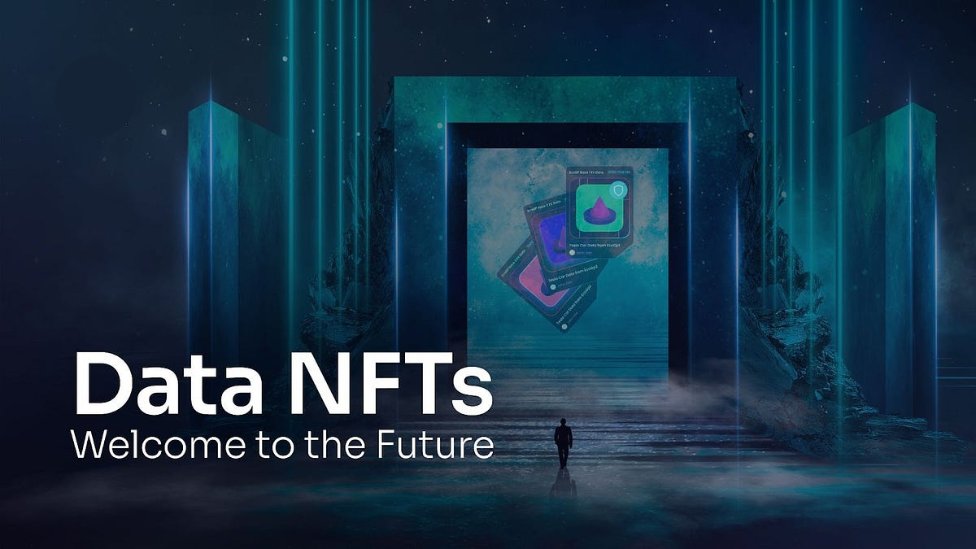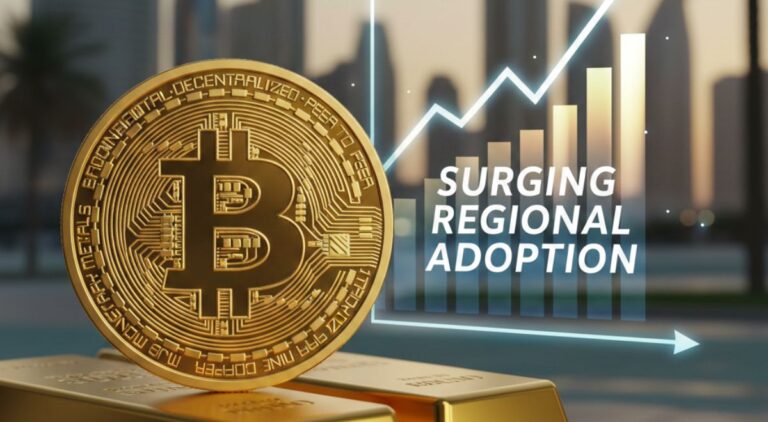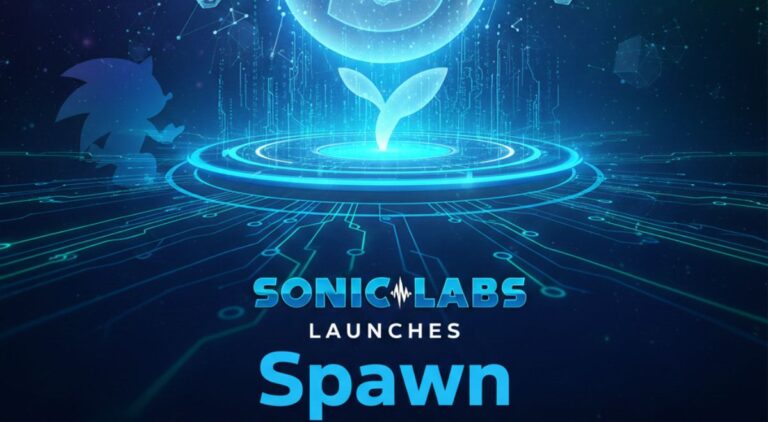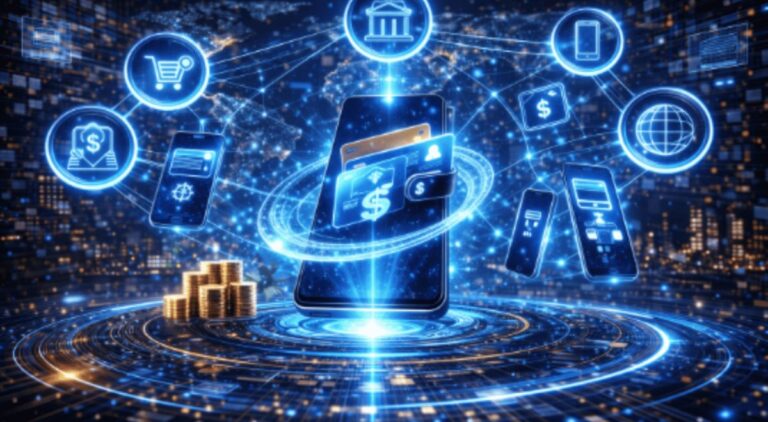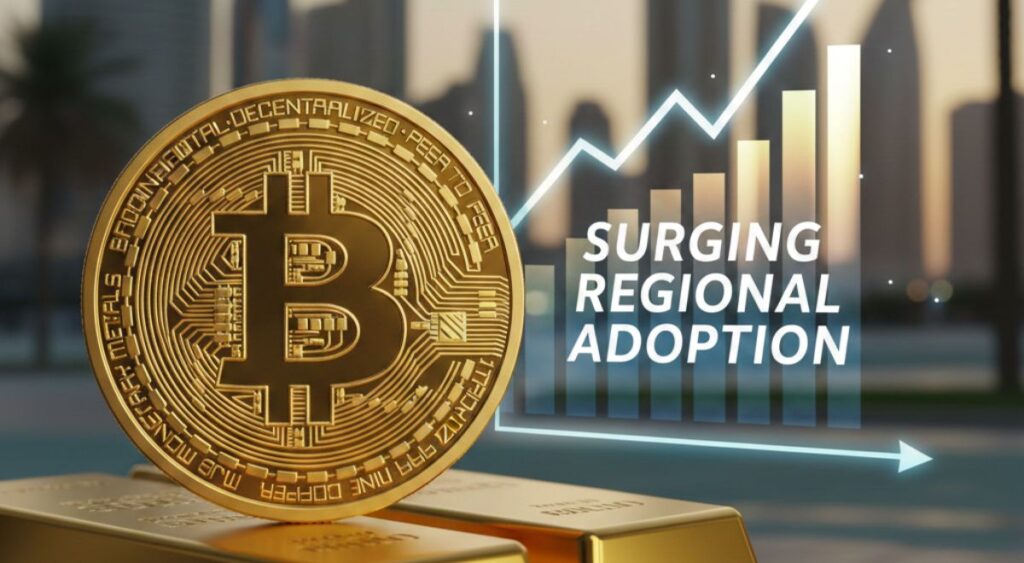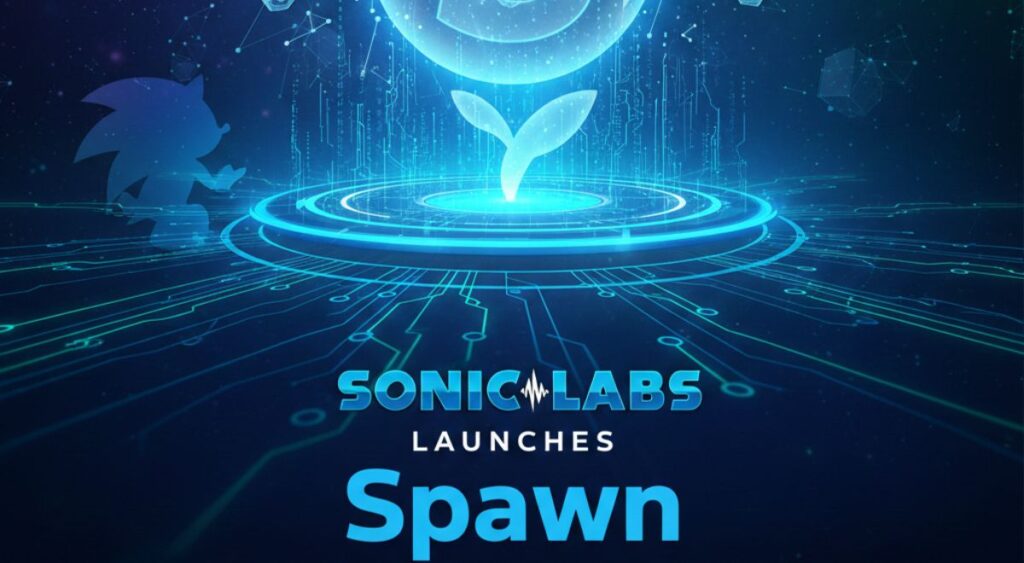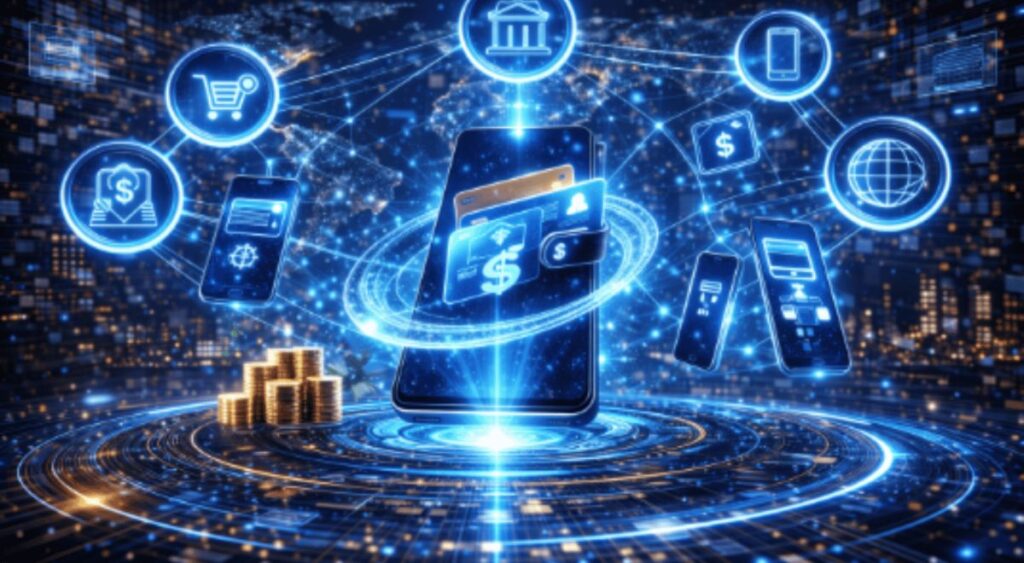The user data buying and selling industry, which has grown into a multi-billion dollar market, is expected to surpass $462 billion by 2031. Acting as intermediaries, data brokers sell personal data collected from various sources to third parties. Unfortunately, a lack of industry transparency prevents users from knowing how data is acquired and used and who profits from it.
However, a cutting-edge strategy that introduces traceability and transparency into the data market in the Web3 era reshapes the handling of personal data. Enter nonfungible tokens (NFTs), which are unique digital entities verified on the blockchain that have the potential to usher in a user-centric approach to processing and disseminating personal data.
Exploring the Concept of Data Nonfungible Tokens
Data nonfungible tokens, which represent ownership or an exclusive license for a data asset on the blockchain, give data sets exclusivity and restricted access. It gives users more control over how their data is used, which restricts who can access it and can even get paid when it is sold or traded.
Users can create NFTs from any subset of their data and then market them on a data marketplace. Once personal data has been packaged and tokenized as an NFT, it can be traded and traced throughout any NFT marketplace. This way, users can restrict the release of their data or earn royalties if it is resold.
Data NFTs have numerous applications that can be highly valuable in various industries, one of which is for digital creators. Data NFTs usher in a new era of possibilities for both creators and users. Digital content makers constantly create appealing and engaging content that informs and inspires their audience. Data NFTs now provide creators with new ways to monetize their work while also increasing audience engagement. The types of people who develop and work with data include content creators, music artists, and data analysts. Basically, anyone can be a data creator, whether they are producing research data, writing music, curating educational resources, running experiments, or drawing conclusions from data analysis.
Data nonfungible tokens also have a wide range of uses in the gaming industry, altering how games operate, the communication of strategies, and the display of accomplishments. For example, Data NFTs can verify and enforce game licenses to safeguard intellectual property. Also, it can save player information, which gives developers insights and reveals players’ strengths. Gamers can level up their gaming and compete at a higher level by using data NFTs, providing them access to top-tier strategies.
Conclusion
Data nonfungible tokens offer a revolutionary response to the problems with the traditional data broking model. They can completely change how data is maintained and traded by giving people options for ownership, management, and monetization. The goal of a decentralized data economy founded on the values of transparency and empowerment is becoming a reality as blockchain technology develops and its use rises.

